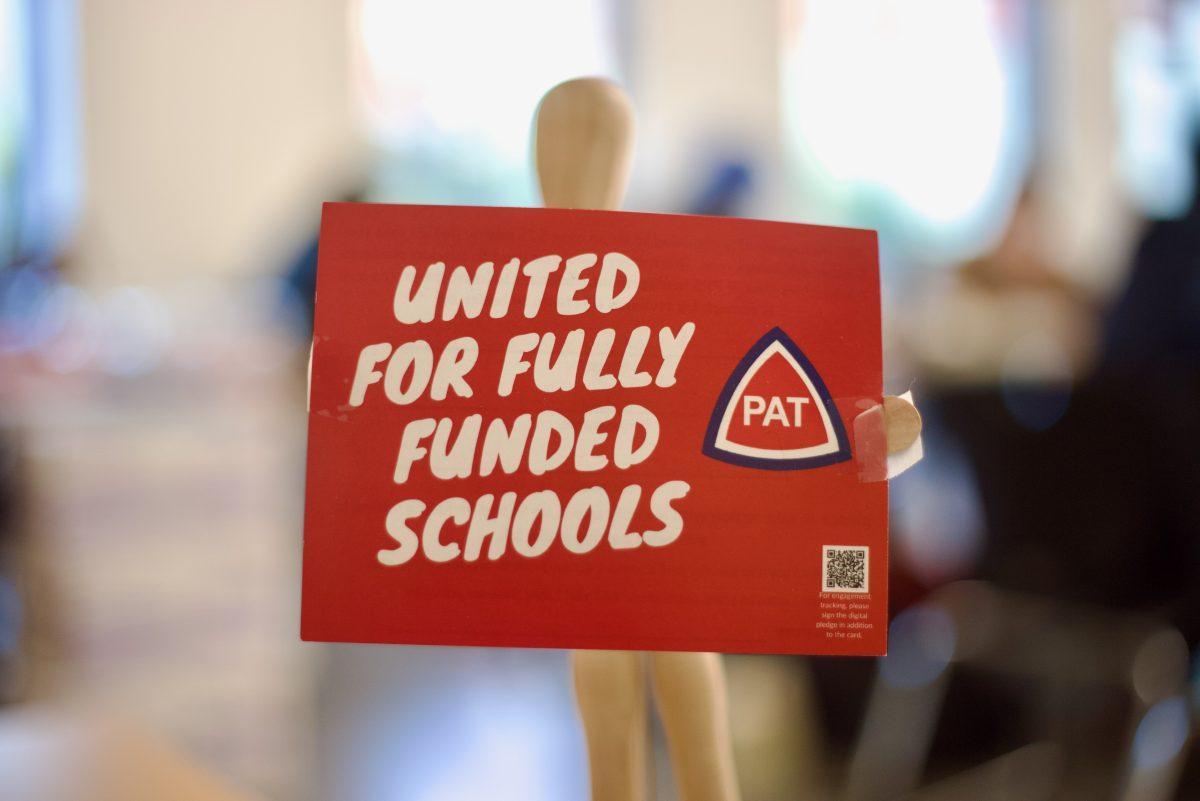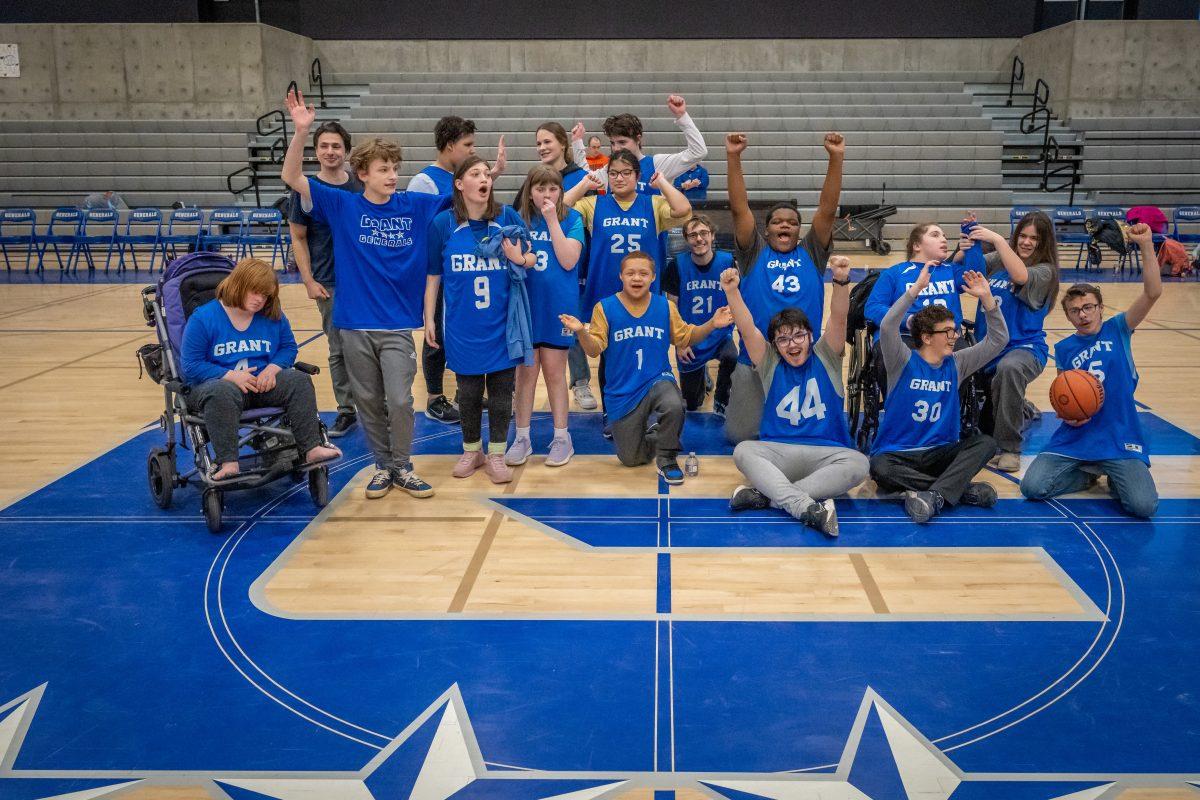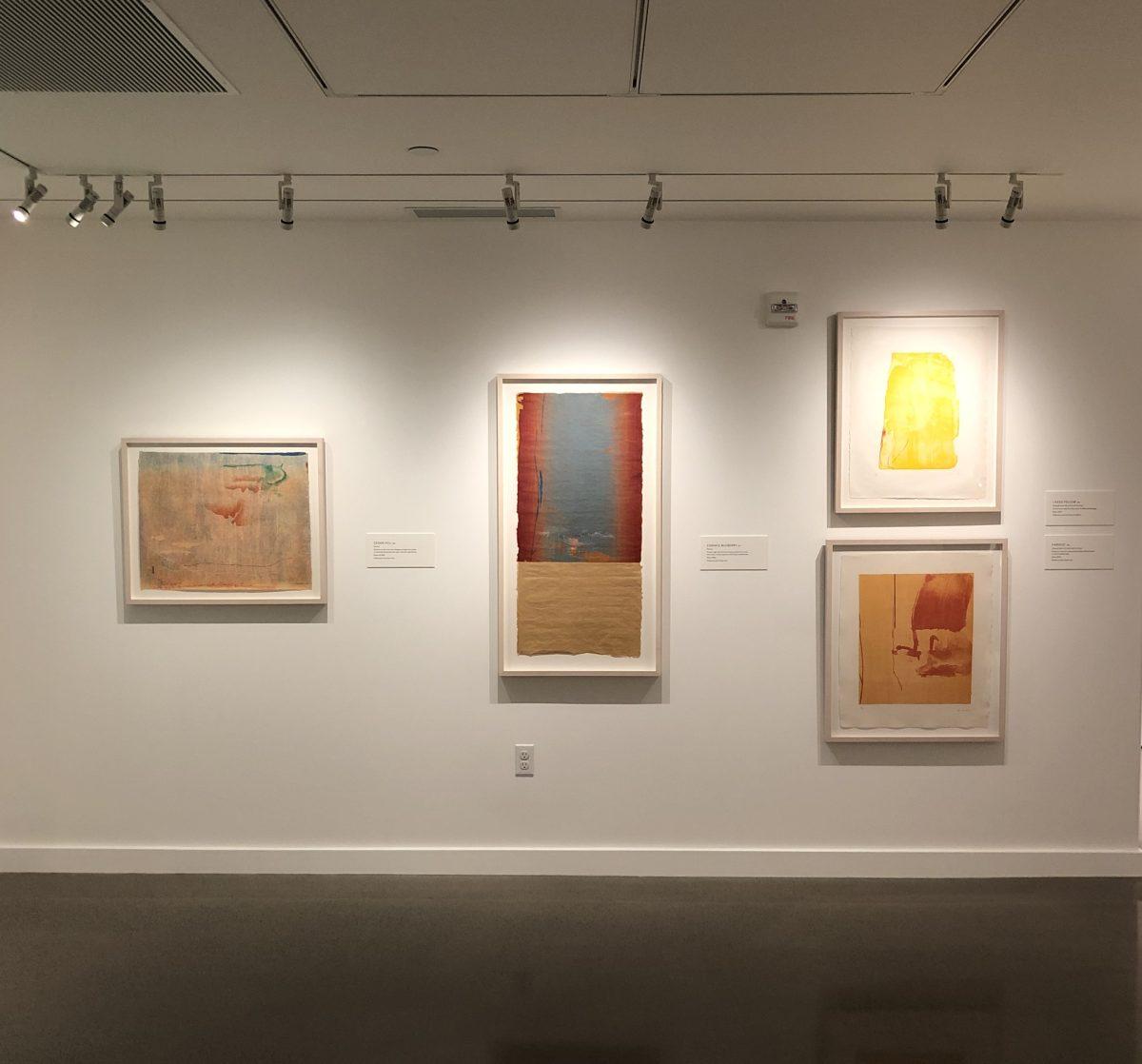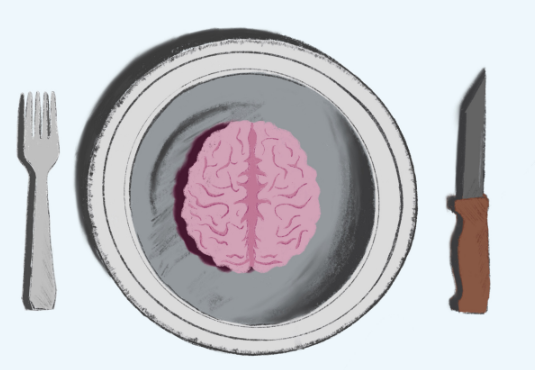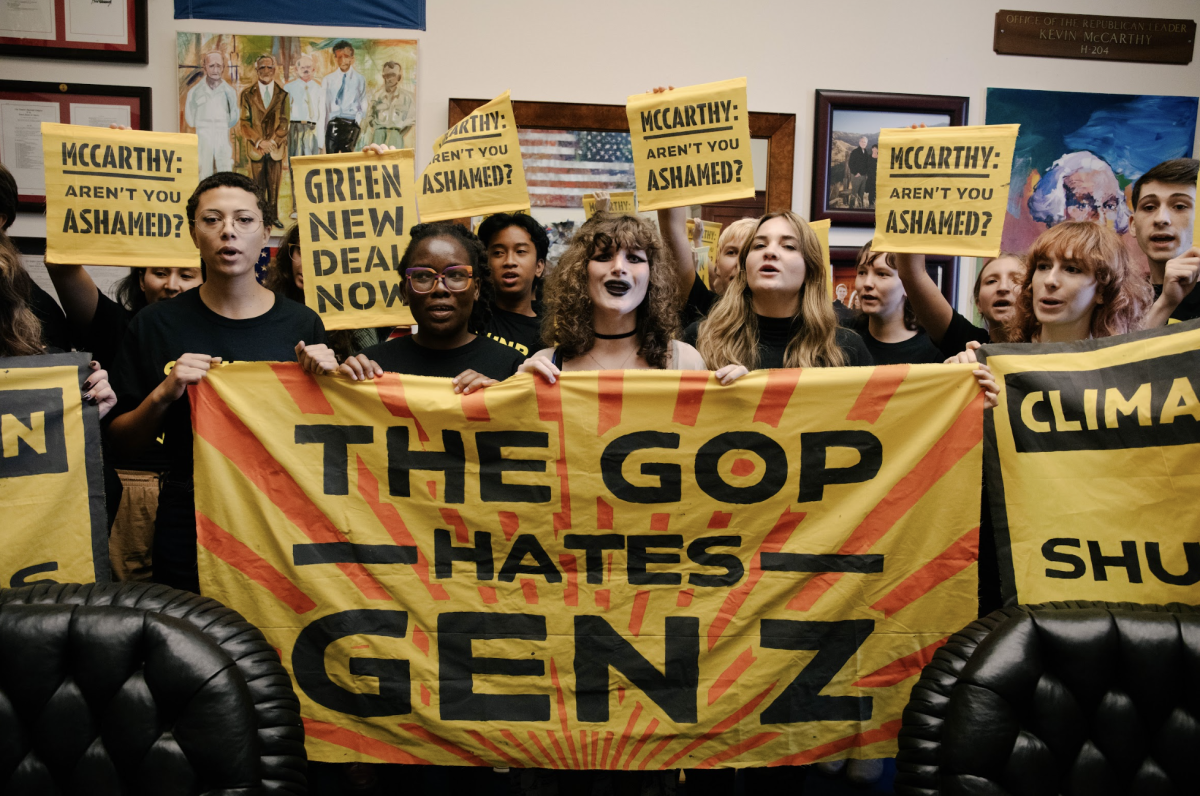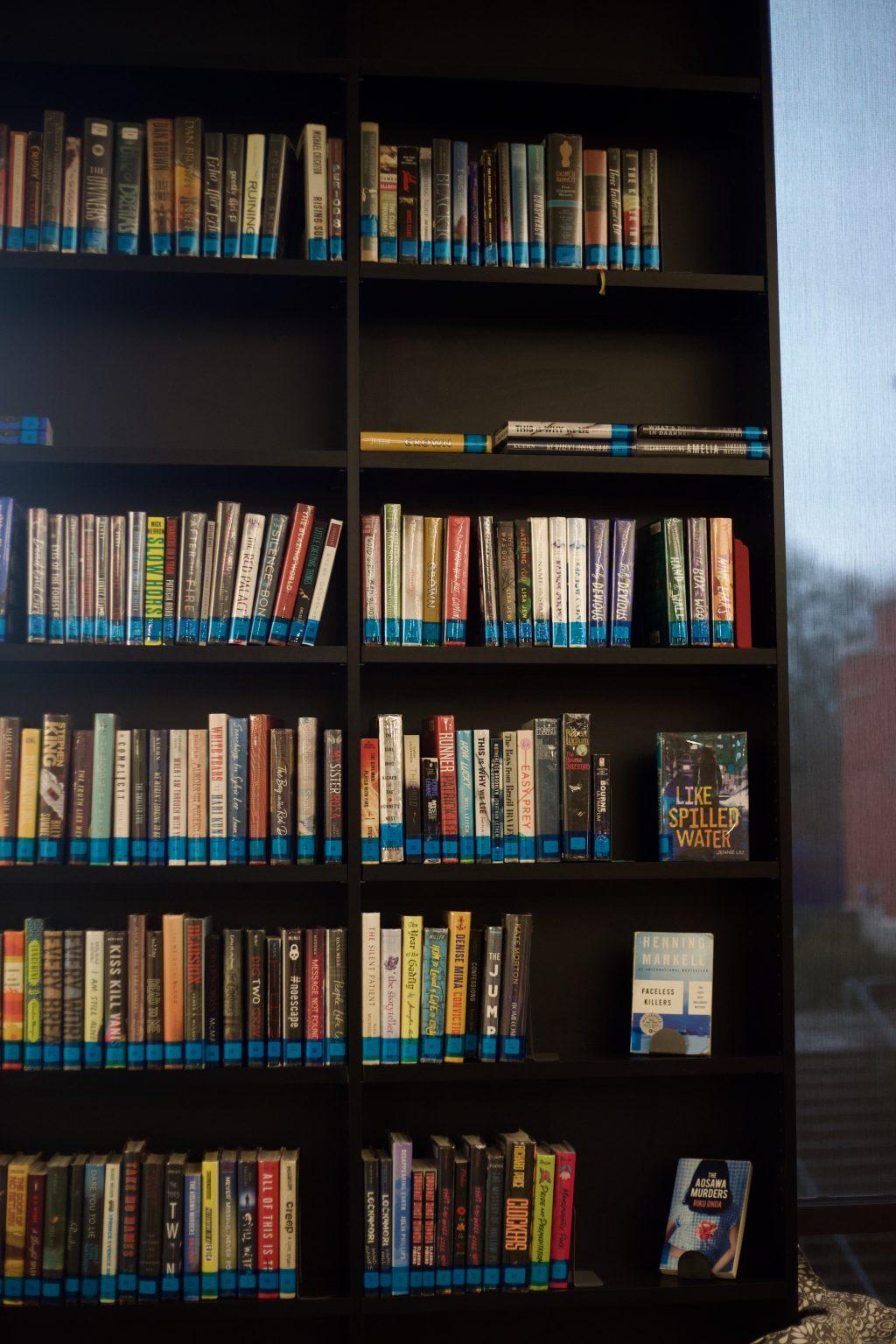
For thousands of years, women and their accomplishments have been devalued. In nearly every context, women must fight to be placed on an equally high pedestal as their male counterparts, and have thus struggled to gain opportunities in practically every field of work.
This has been especially present within the writing and publishing industries. While female authors have strived to gain recognition throughout history, their work has continuously been overlooked solely because of the name printed on the cover.
Pen names have been a common strategy used among female writers in order to conceal their identities and achieve more recognition than their feminine names would most likely receive. In Charlotte Brontë’s “Biographical Notice of Ellis and Acton Bell,” a brief essay used as the introduction to her sisters Emily Brontë and Anne Brontë’s famous novels “Wuthering Heights” and “Agnes Grey,” she addresses the unfair judgment female writers face. “Averse to personal publicity, we veiled our own names under those of Currer, Ellis, and Acton Bell … while we did not like to declare ourselves women, because — with- out at that time suspecting that our mode of writing and thinking was not what is called ‘feminine’ — we had a vague impression that authoresses are liable to be looked on with prejudice,” writes Brontë.
Female authors still use pseudonyms to this day in order to make themselves seem more androgynous, and to make their books more easily marketable. Joanne Rowling was advised by her publishers to use the more masculine name “JK Rowling” so that her target audience, young boys, would not avoid her books knowing that they were written by a woman. While men also use pseudonyms, such as Eric Arthur Blair (George Orwell), it is often just an artistic choice.
Some female authors even opted to write things deprecating to women as a way of keeping their work in line with the social standards of their time. The authors’ characters were written to fit into men’s expectations of women, or the “male gaze” as it’s often referred to now. They’d have female characters who denounced self-sufficiency, or who’d give up their ambitions by the end of the story. Nuanced female characters were practically nonexistent.

This made the cases in which women chose to write complex female characters all the more important. Authors like Louisa May Alcott and Lucy Maud Montgomery (who used the pen name L.M. Montgomery) created characters that young women could look up to. Montgomery’s eight-book series “Anne of Green Gables” shares the coming-of-age stories of many elaborate female characters from the perspective of the confident and educated Anne, representing female resilience and strength. In Alcott’s “Little Women,” she explores female ambition and how it can differ among sisters. Yet, the novel has been diminished to often being described simply as a “domestic drama.”
Modern female writers frequently face similar minimization. Entire genres are discredited as not being “real literature,” most of which are categories dominated by female authors. This is not unique to female writers — the work of women has been stolen and disgraced in practically every industry.
In a 2018 study, Dana B. Weinberg and Adam Kapelner wrote, “Scholars have concluded that ‘women’s work’ is devalued simply because it is largely performed by women, viewed as instrinsically ‘feminine’ … or the work tasks are viewed as ‘gender-typical’ work tasks or the working time arrangements are typically female.” They found that as the female authorship of a given genre increases by 10%, its average pricing decreases by about 16.5% in traditional publishing and 5.5% in independent or self-publishing. They also found that as the male authorship of a given genre increased by 10%, the average pricing increased by 14.7% in traditional publishing and by 7.7% in independent publishing.
In the same study, Weinberg and Kapelner found that books written by female authors cost on average nearly $18 less than books by male authors ($37.45 for female-written books and $55.37 for male-written books).
Amanda Filipacci, an American novelist, wrote an article for the New York Times in April 2013 sharing her finding that the editors of Wikipedia’s “American novelists” list had been moving female authors off the list and into the “American women novelists” category. As a result, the “American novelists” list was becoming increasingly comprised of men.
Shortly after the release of Filipacci’s article, the category “American male novelists” was created, and previously removed female authors began to be added back to the “American novelists” list. Though this specific issue was resolved, the distinction of a womens’ category from another ungendered category, without the same distinction being made for men, is still very common. This phenomenon can be seen in the titles of sports leagues: Since virtually the only difference between the two is their gender, titles such as “The National Basketball Association” and “The Women’s National Basketball Association” imply that the mens’ version is the regular, and the womens’ is a lesser impersonation.
These instances are not isolated to organizations or the decisions of authors from the past. Stereotypes and sexism exist in everyday phrases and standards, such as the use of the term “girl push-ups,” implying that women are less physically fit than men, or the infamous statement, “You’re ___, for a girl.”
When a woman expresses emotion or voices a concern she may be called a “drama queen,” while men are viewed as admirable and passionate for doing the same thing.
In her essay “Scent of a Woman’s Ink,” American novelist Francine Prose discusses and debates discrimination against female writers, saying, “The best writing has as little to do with gender as it does with nationality or with the circumscriptions of time … There is no male or female language, only the truthful or fake, the precise or vague, the inspired or the pedestrian.”
Assessing gender-based terminology and bias, looking into the history of women in various careers and diversifying selection of media like books, television shows, movies and music is a vital component to combating the stigmatization of women.
“If men don’t take women equally seriously, we end up with this world that flies on one wing, and I don’t know if you’ve ever seen a bird that tries to fly on one wing? It can’t get elevation, it can’t get direction, it flaps about rather sadly,” says former Irish President Mary McAleese. “And that’s our world, flapping about rather sadly because of the refusal to use the elevation and the direction and the confidence that comes from flying on two wings.”
































